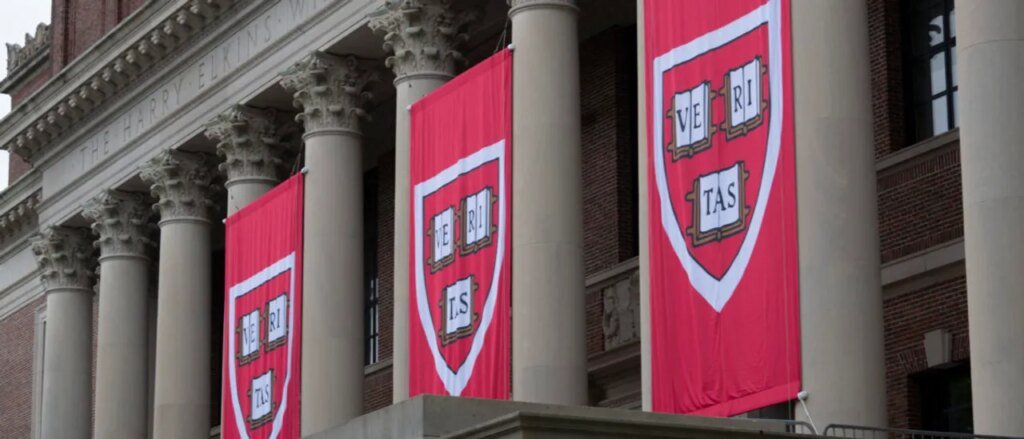American universities have a unique opportunity to embody core American principles like free inquiry, a spirit of innovation, and commitment to national security. But to truly realize this, university leaders need to actively combat the espionage and suppression strategies of the Chinese Communist Party (CCP). This isn’t a task they can manage alone; both state and federal officials must set clear guidelines to tackle foreign interference on campuses.
To start, President Trump, along with Congress, should initiate a substantial revamp of higher education security by halting all U.S. military funding directed toward Chinese military research. The findings from the CCP’s new House Select Committee expose the scale of the problem, revealing that in the past two years, the Department of Defense has allocated $2.5 billion to over 1,400 publications involving Chinese co-authors in military fields such as hypersonics and artificial intelligence.
The state of research security is, frankly, quite alarming. The Department of Defense invests in training Taiwanese forces to counteract invasions by Chinese special operations. It’s baffling to think what might happen if they also funded research advising the Philippines on missile placement, while allowing Chinese intelligence to observe. Such scenarios seem almost absurd, like paying Chinese military scientists to collaborate on American defense technologies.
The term “Henhouse Fox” illustrates the U.S. lax approach to safeguarding research. Despite repeated warnings from Congress about CCP tactics to undermine American innovation, China continues to infiltrate colleges, national labs, and corporate research institutions.
Going back to the 1999 Cox Report, there was a bipartisan acknowledgment of how the CCP would use American surveillance to gain access to sensitive technology. Fast-forward two decades, and another bipartisan Senate report affirms that U.S. taxpayer funding has inadvertently fueled China’s growth, with reports of Beijing actively recruiting U.S.-based researchers for projects funded by federal money.
If we can’t secure our most sensitive military research, it’s likely that less critical intellectual property on campus is also vulnerable. The presence of foreign spies has increased, and actively silencing dissent on American campuses seems to be a directive from Beijing.
In fact, just weeks ago, the Director of National Intelligence’s office emphasized that the essence of American innovation is at risk now more than ever.
A coordinated approach involving federal and state governments, as well as universities, is crucial to protect our educational institutions.
President Trump should take action to reshape campus culture through an executive order that prevents federal departments, sub-agencies, and national labs from collaborating with the Chinese military or CCP. Universities that seek federal funding should be required to perform thorough screenings of all personnel for ties to these foreign entities.
Additionally, Congress should support legislation like the “Hostile Research and Exploitation Act of 2025” to formally prohibit federal funding for STEM projects involving individuals or institutions from adversarial countries, alongside implementing real consequences for non-compliance.
State governors should echo the efforts initiated by Trump, with state legislatures passing their own versions of these protective laws. They should go even further, following the comprehensive approaches taken by states such as Florida and Texas.
Florida, for instance, has recently enacted laws that mandate universities to disclose foreign gifts while prohibiting research partnerships with hostile foreign nations unless specifically approved. There are also increased penalties for those who engage in intellectual theft or harassment on behalf of enemy states. Furthermore, educational software from the CCP has been banned statewide. Texas has also aligned with similar reforms, introducing stringent measures under Governor Abbott’s leadership.
From the White House to state capitols nationwide, overhauling higher education security has become a pressing national security concern. Students from prominent institutions like Stanford University and Harvard have voiced strong opposition against espionage directed by the CCP, underscoring the urgency of removing threats from our educational environments. Ultimately, the cessation of U.S. military funding for Chinese military research must be the starting point.







